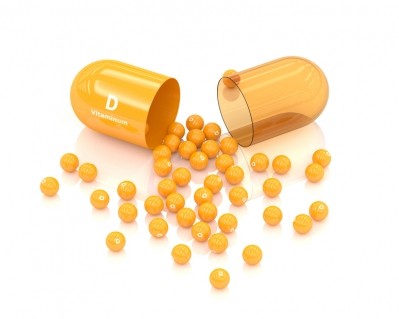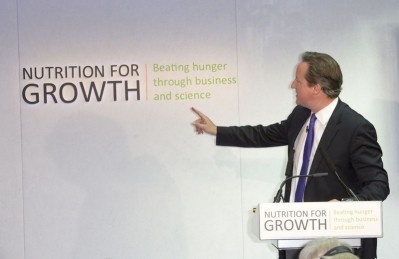Westminster briefing
Vitamin D supplementation backed by UK parliamentarians

Speaking at the UK Health Food Manufacturers’ Association (HFMA) organised event, Kate Green MP, the Shadow Spokesperson for Equalities, highlighted the problem of typical nutritional payloads in so-called ‘regular’ diets.
“We need to get the message out that this type of supplementation isn’t some kind of gimmick, and it isn’t a case of saying ‘it’s all right, you’ll get everything you need from your diet’,” Green said.
“Quite clearly, this is the type of vitamin supplementation that at risk groups need to take to ensure that they and their families and children can live healthily.”
About 60 people attended including 19 members of parliament drawn from across the political spectrum including Marcus Jones and David Tredinnick.
Under EU law…
HFMA chair and managing director, Lynn Lord, said the food supplements industry’s role in improving health measures was being threatened by regulatory change at European Union level.
“Our industry helps keep the UK healthy, with nearly 20 million adults in the UK now taking food supplements at least four times a week,” said Lord, who is also managing director supplements manufacturer Natures Aid.
“As a result, many health professionals recommend health foods and supplements as part of a healthy and balanced lifestyle, particularly for those with specific nutritional requirements and deficiencies.”
Referring to strict EU health claim laws that have barred thousands of health claims, Lord added: “New EU legislation is putting the choice of products at risk, and will possibly limit the variety, range and strength of products available, limiting consumer choice. Our products are safe and reputable and we feel that UK consumers should have the right to purchase what they want.”
Inside D
Vitamin D refers to two biologically inactive precursors - D3, also known as cholecalciferol, and D2, also known as ergocalciferol.
Both D3 and D2 precursors are transformed in the liver and kidneys into 25- hydroxyvitamin D (25(OH)D), the non-active 'storage' form, and 1,25-dihydroxyvitamin D (1,25(OH)2D), the biologically active form that is tightly controlled by the body.
Vitamin D deficiency is defined as a status of less than 20 nanograms per milliliter (ng/mL) of 25-(OH)D.
















